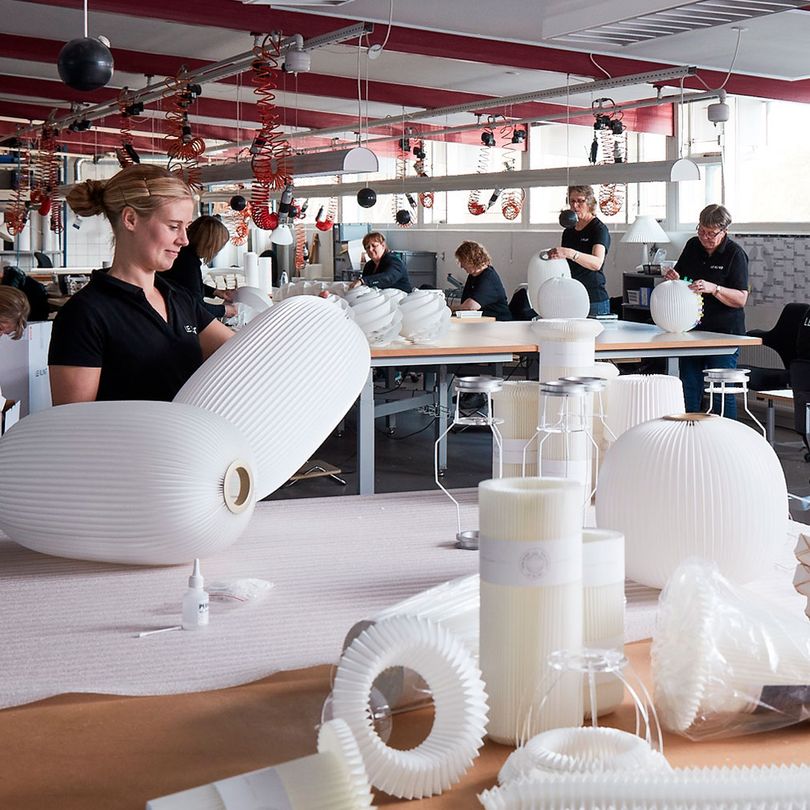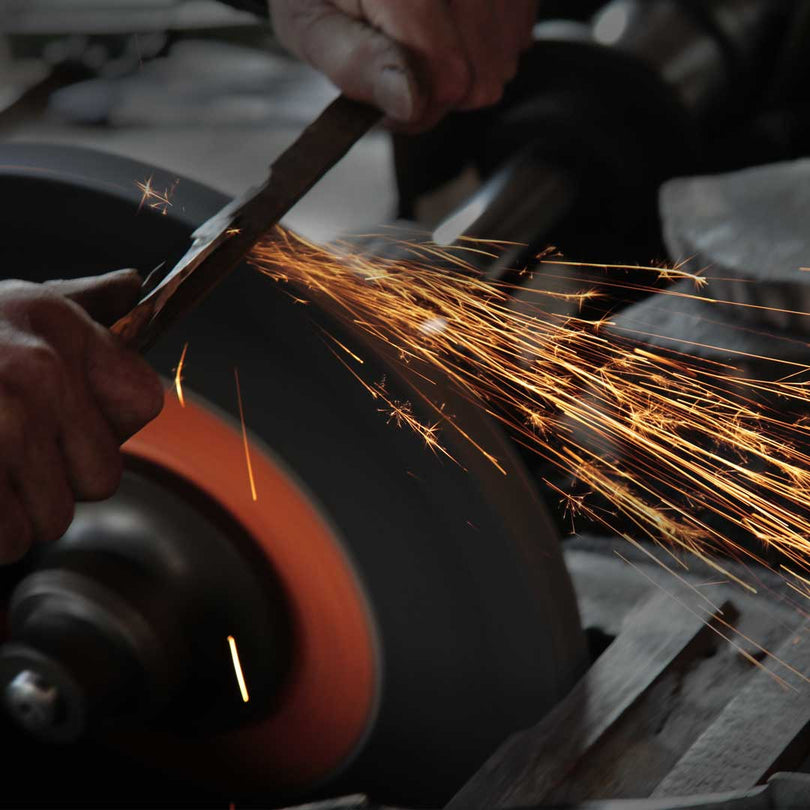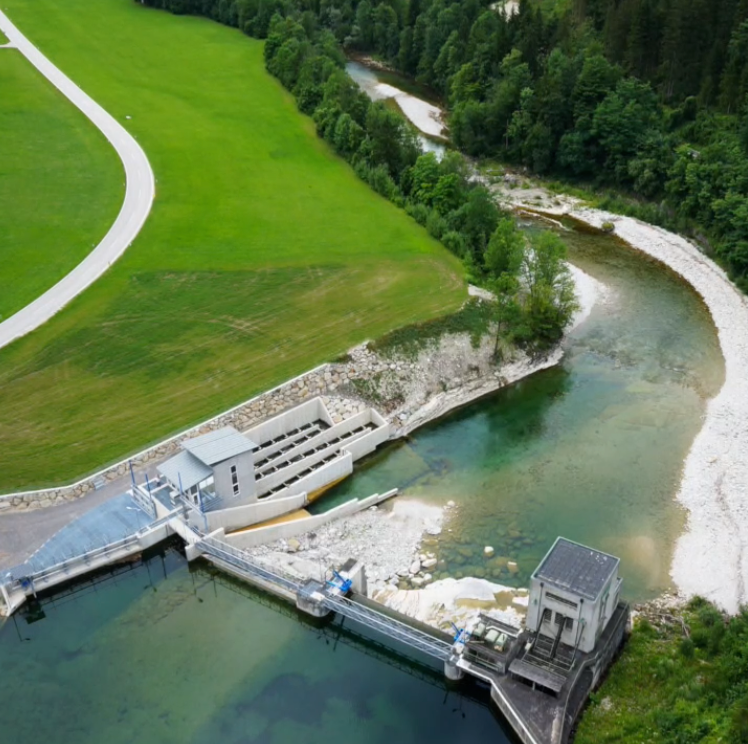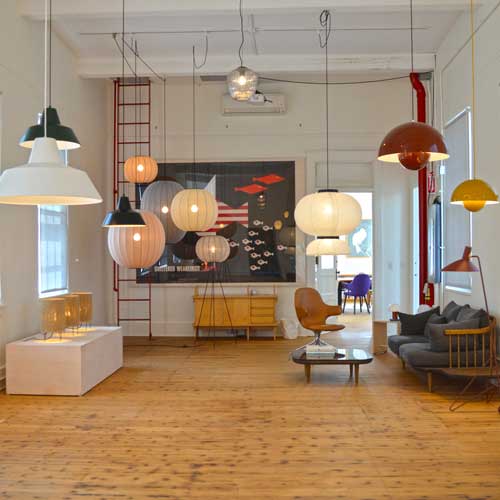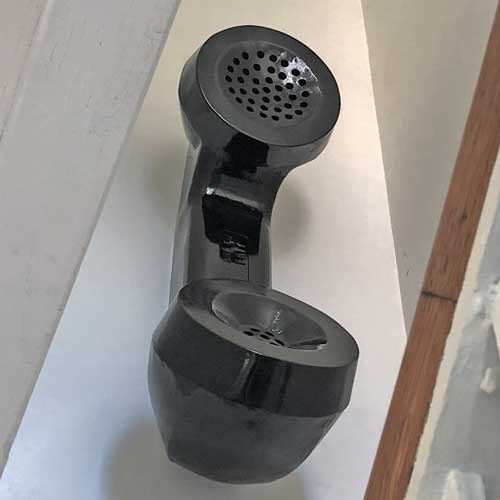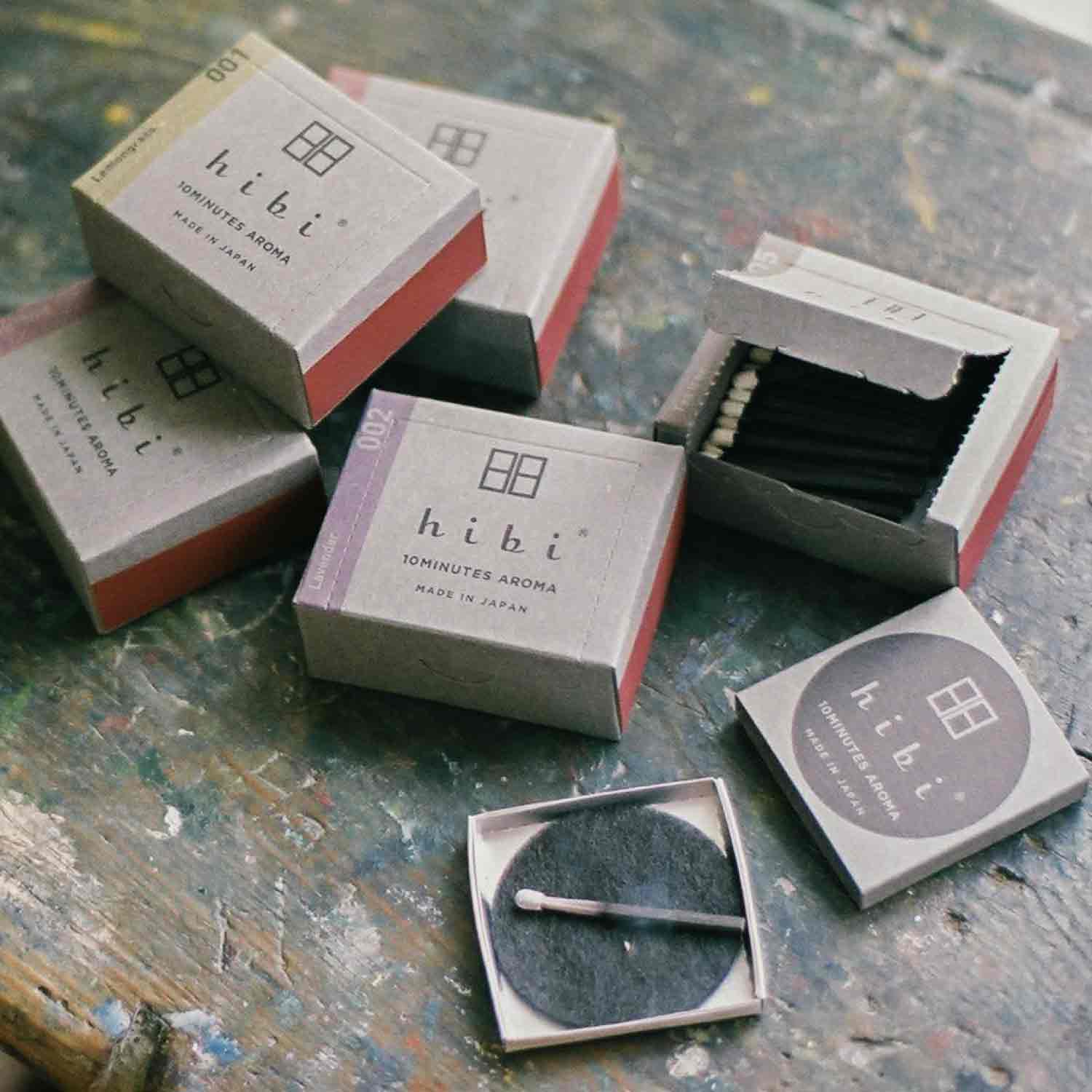
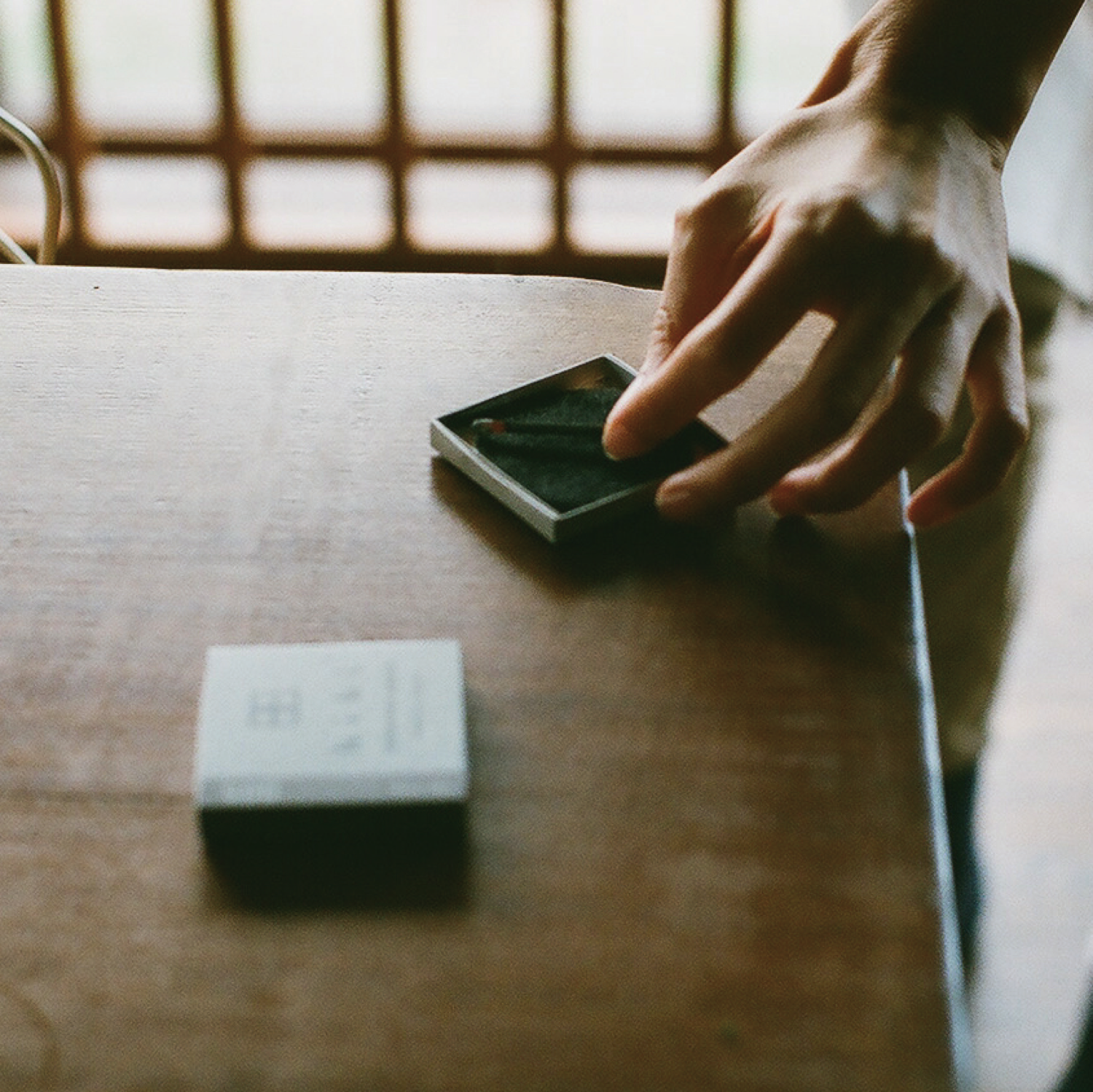
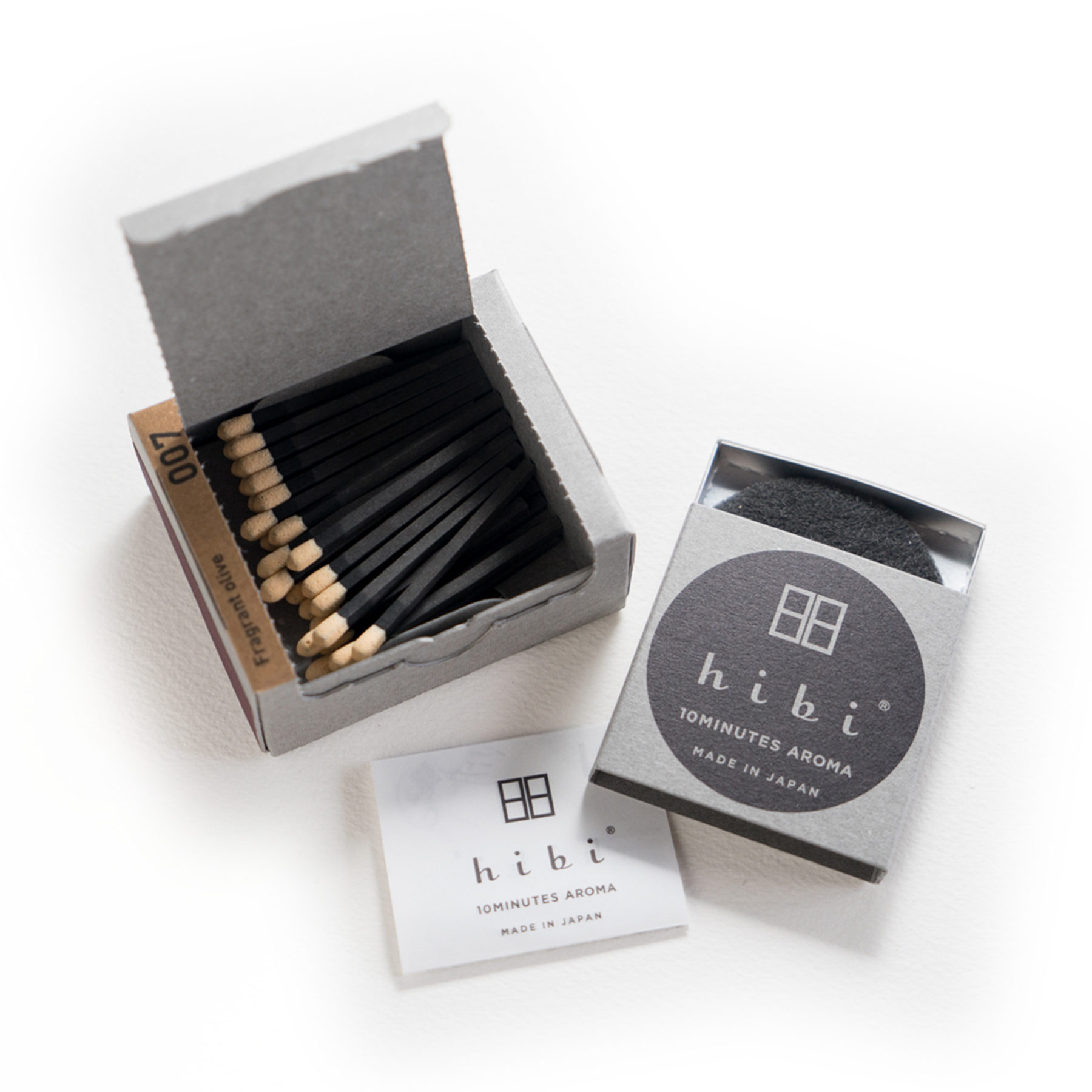
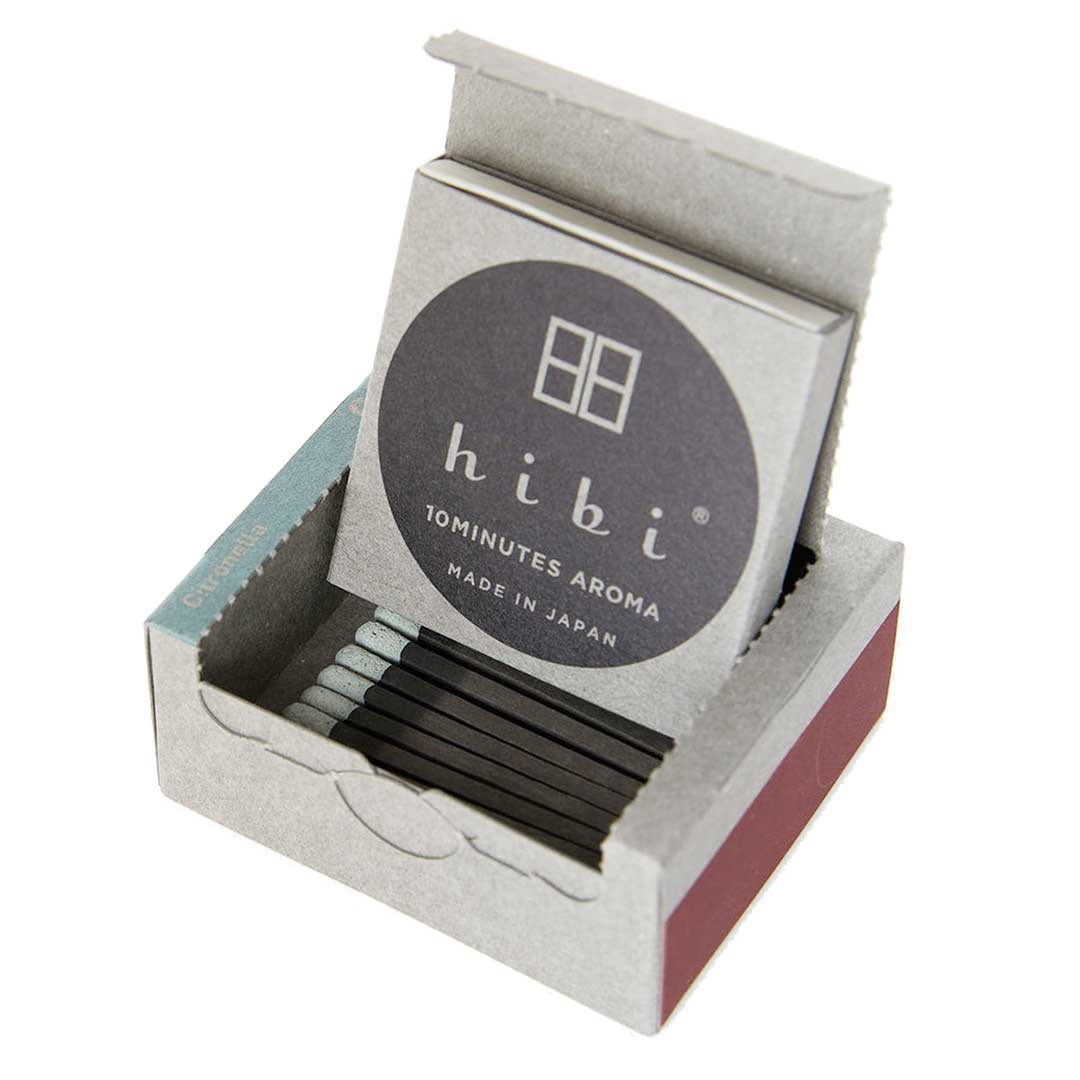
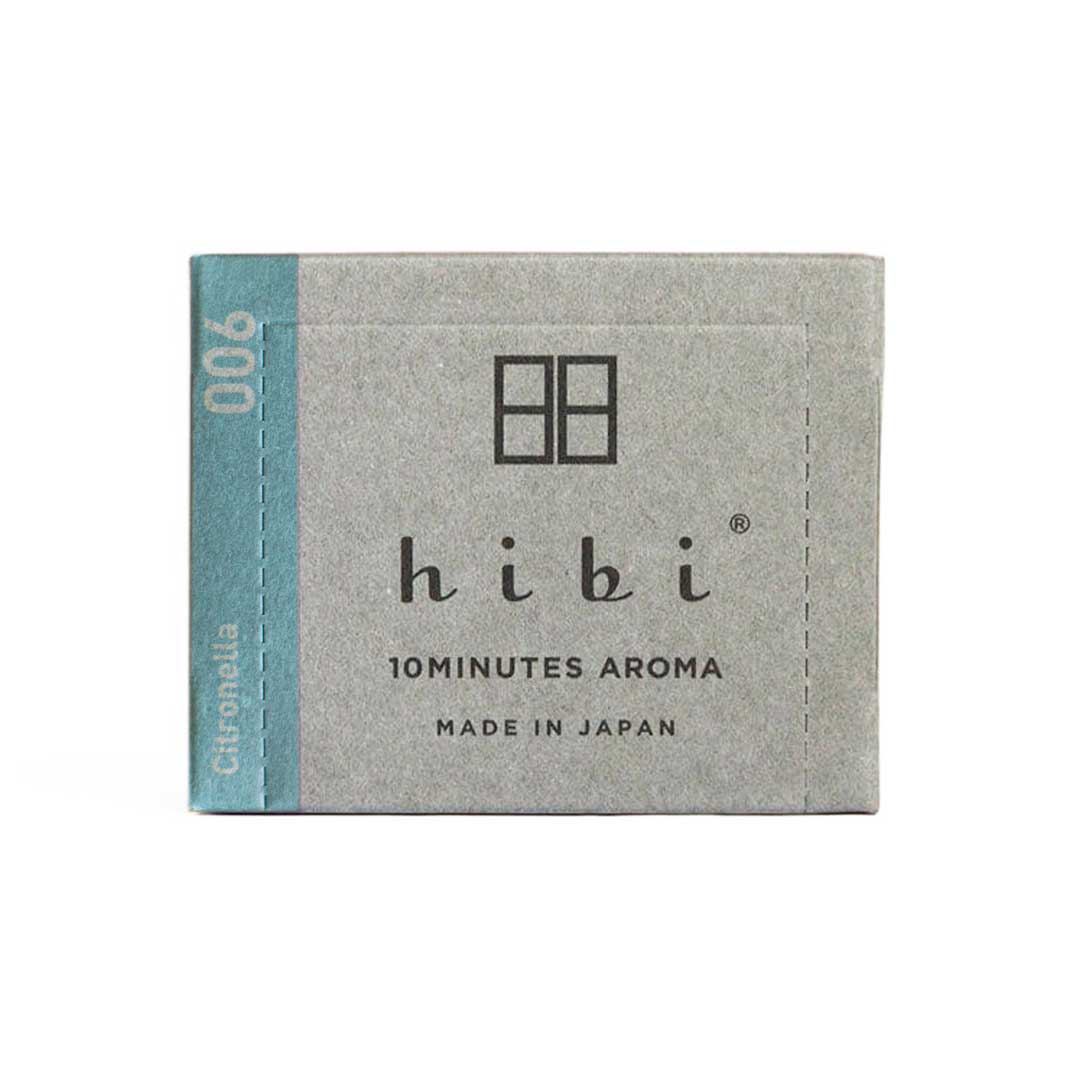
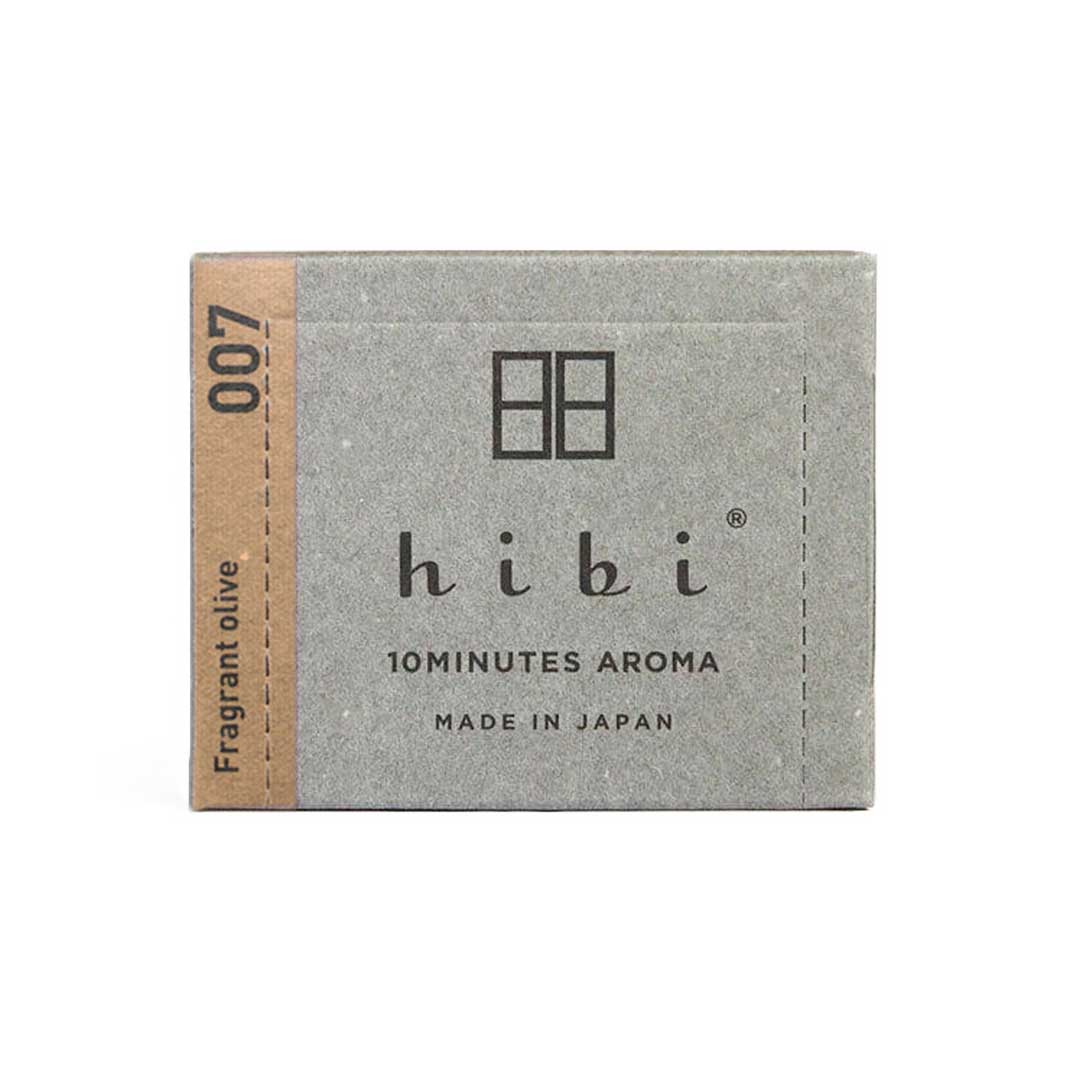
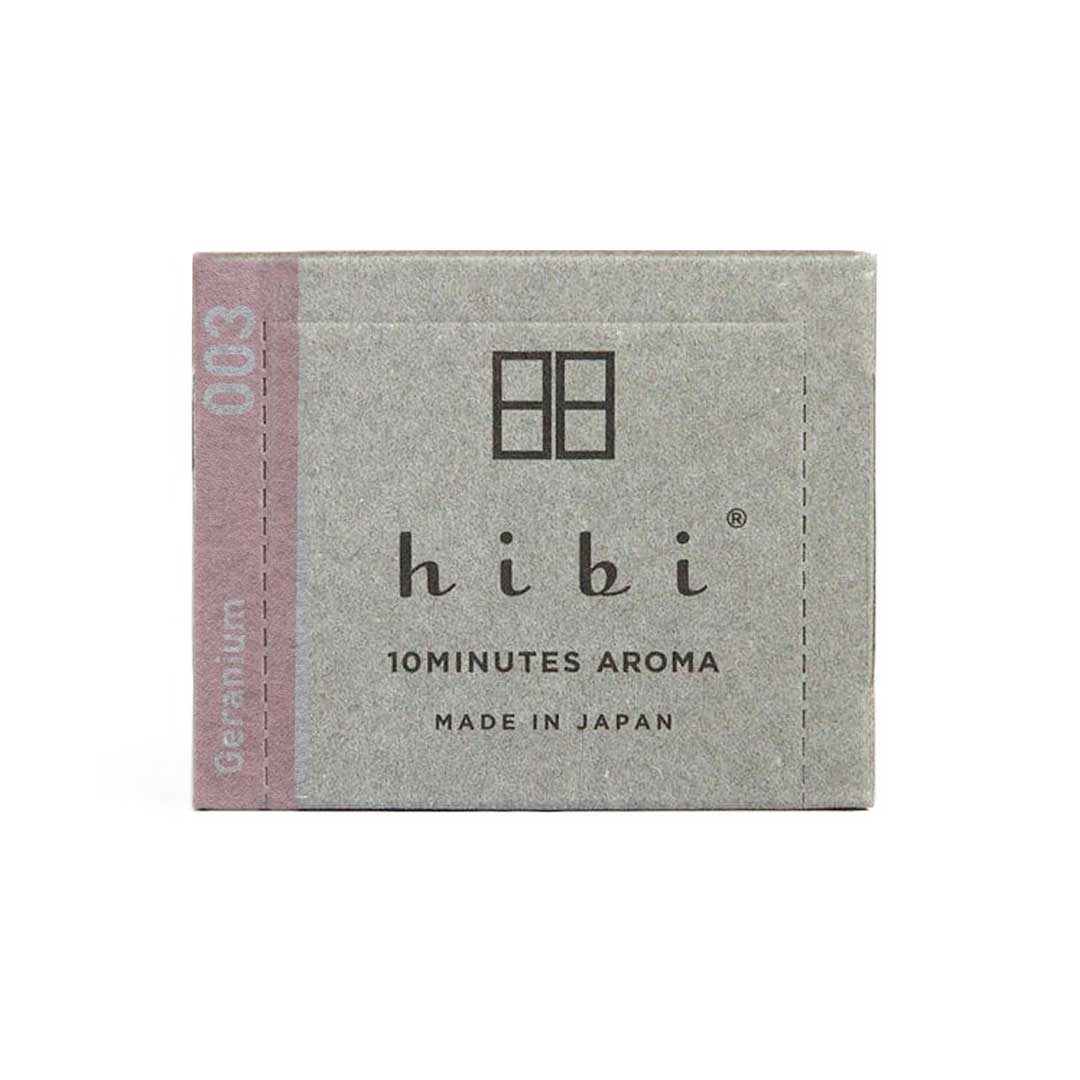
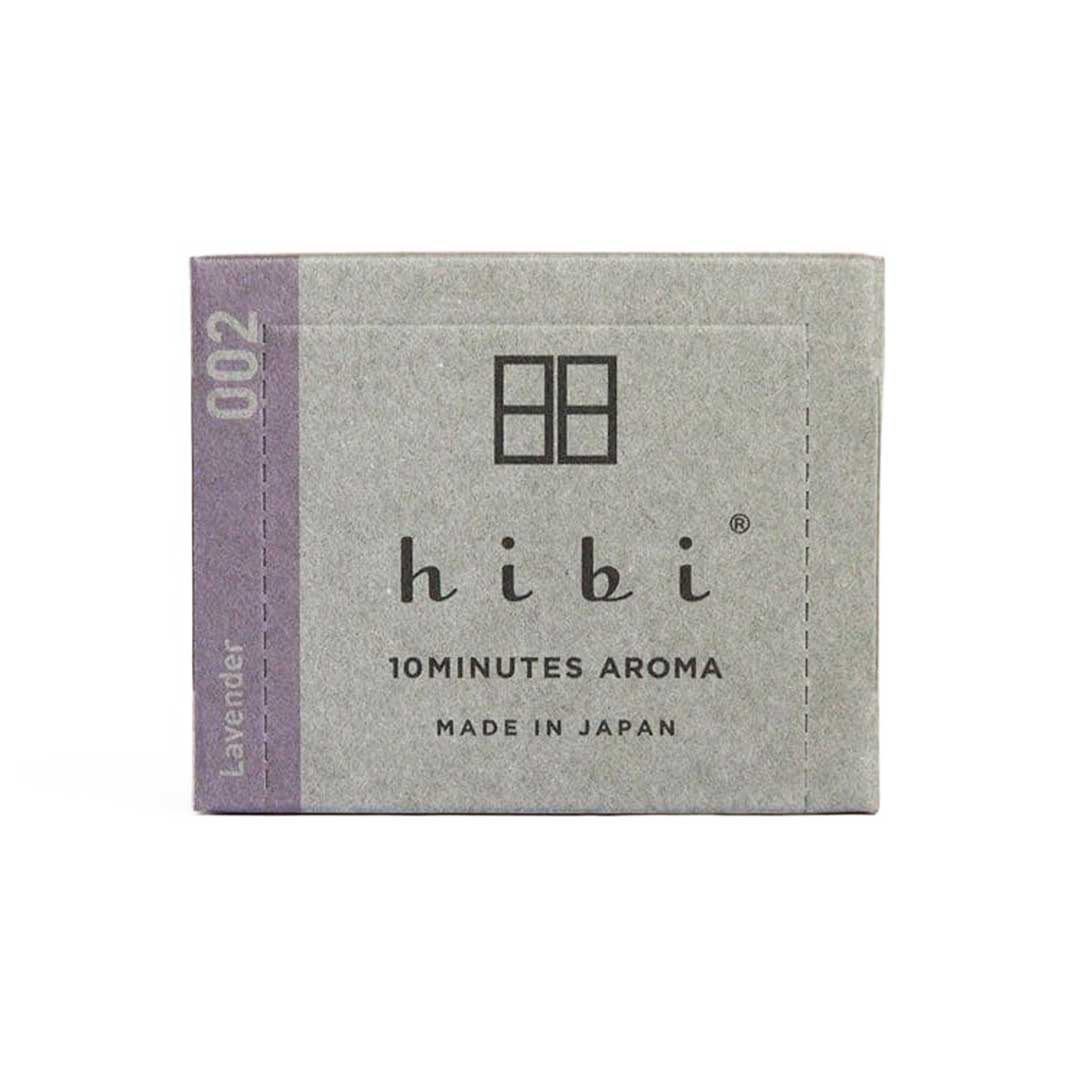
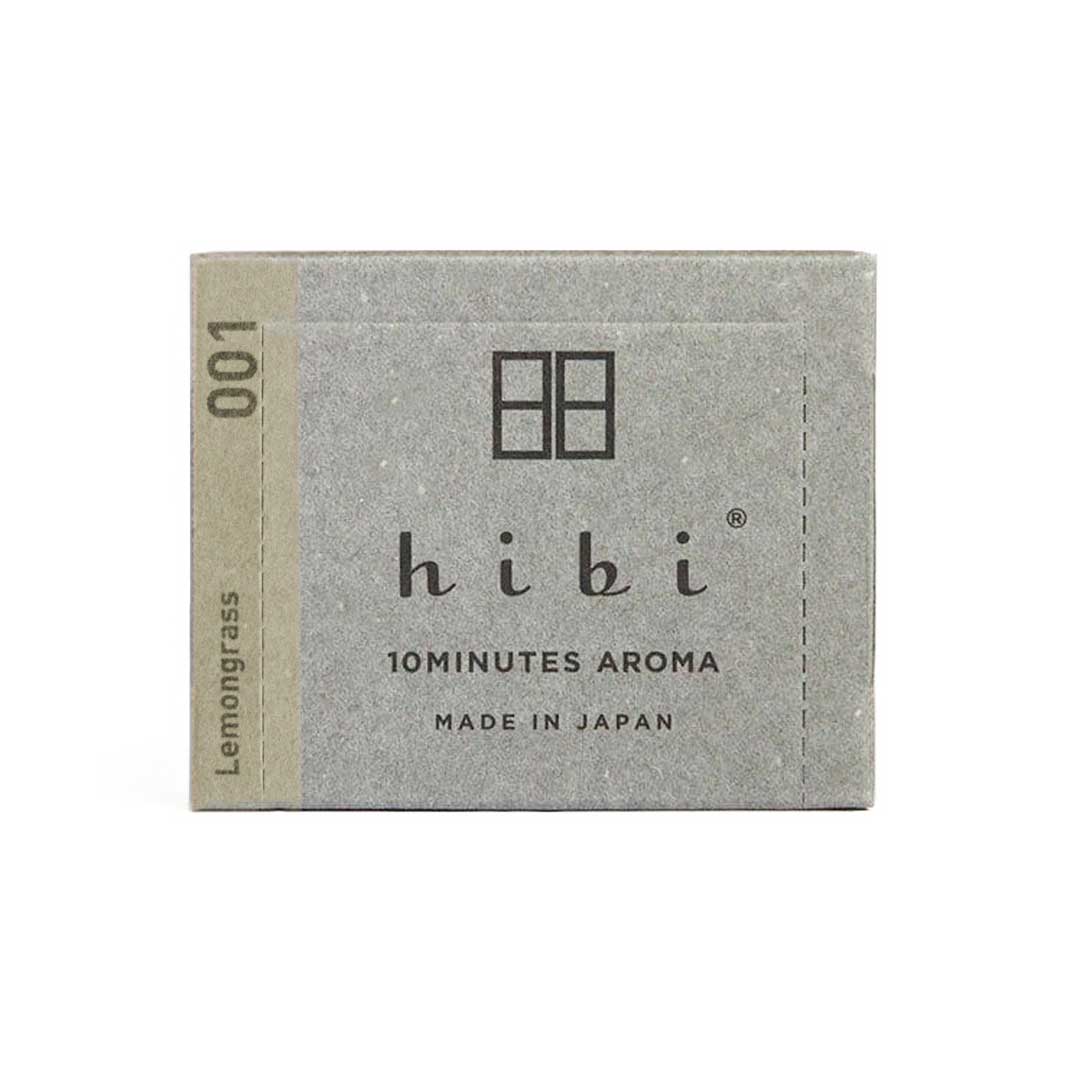
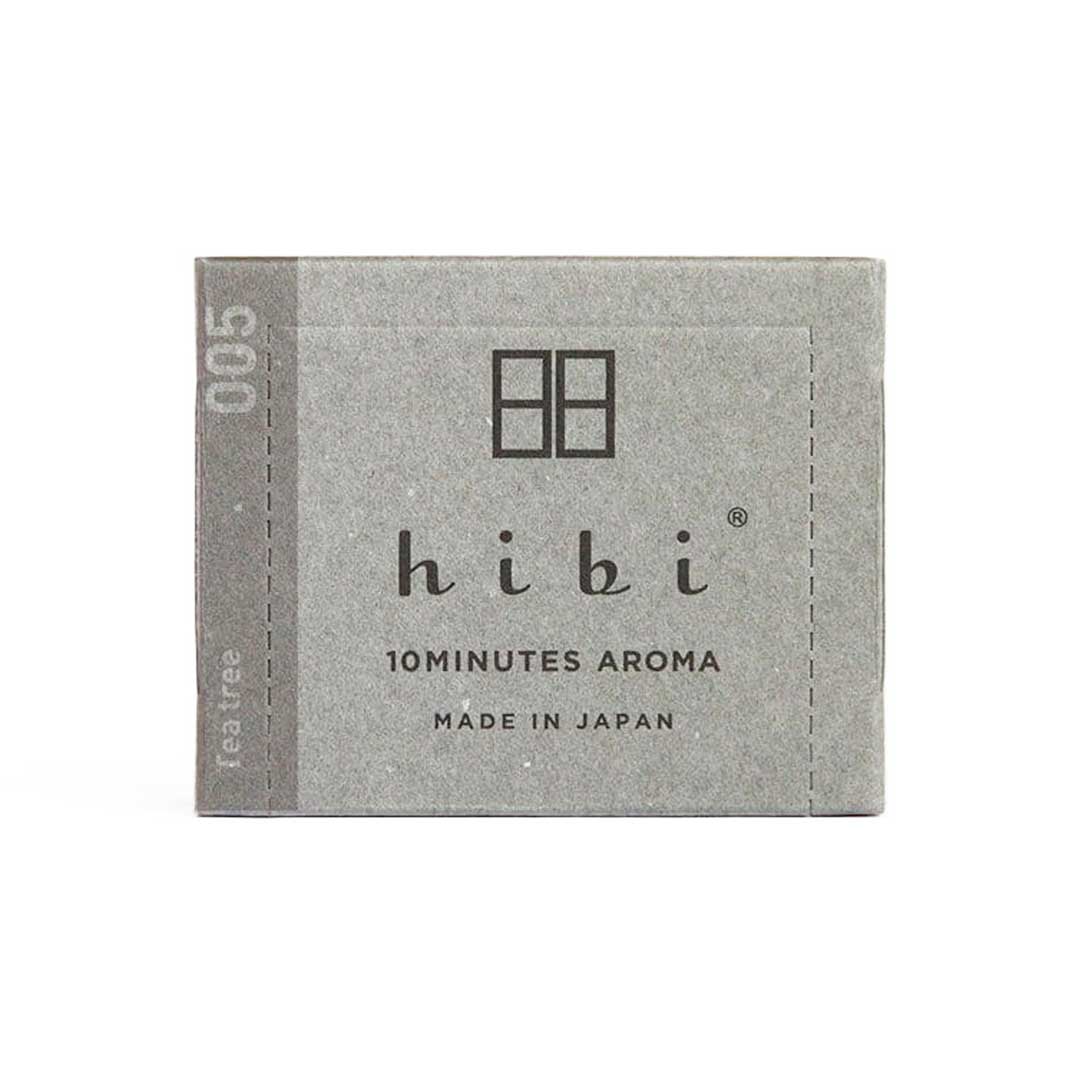
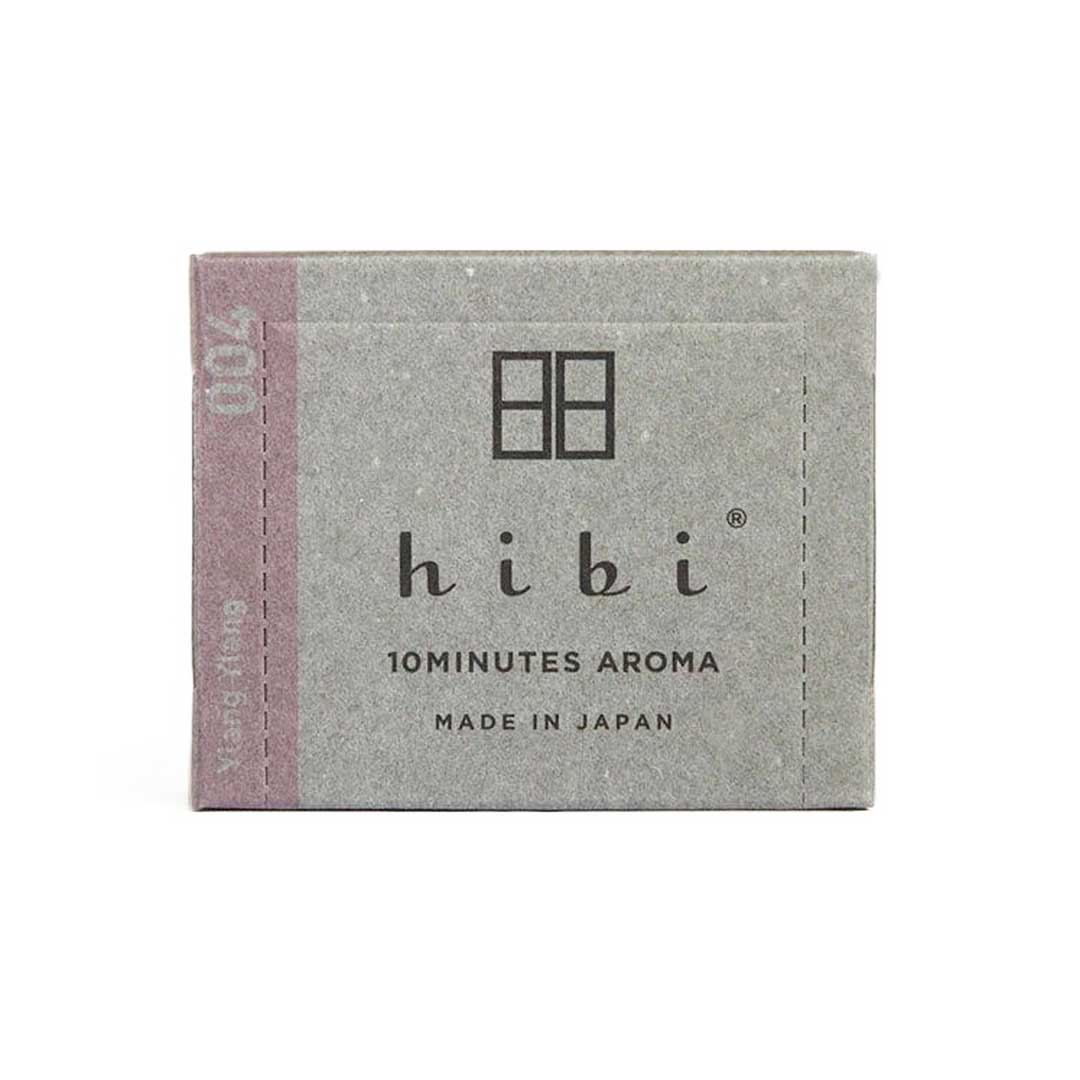
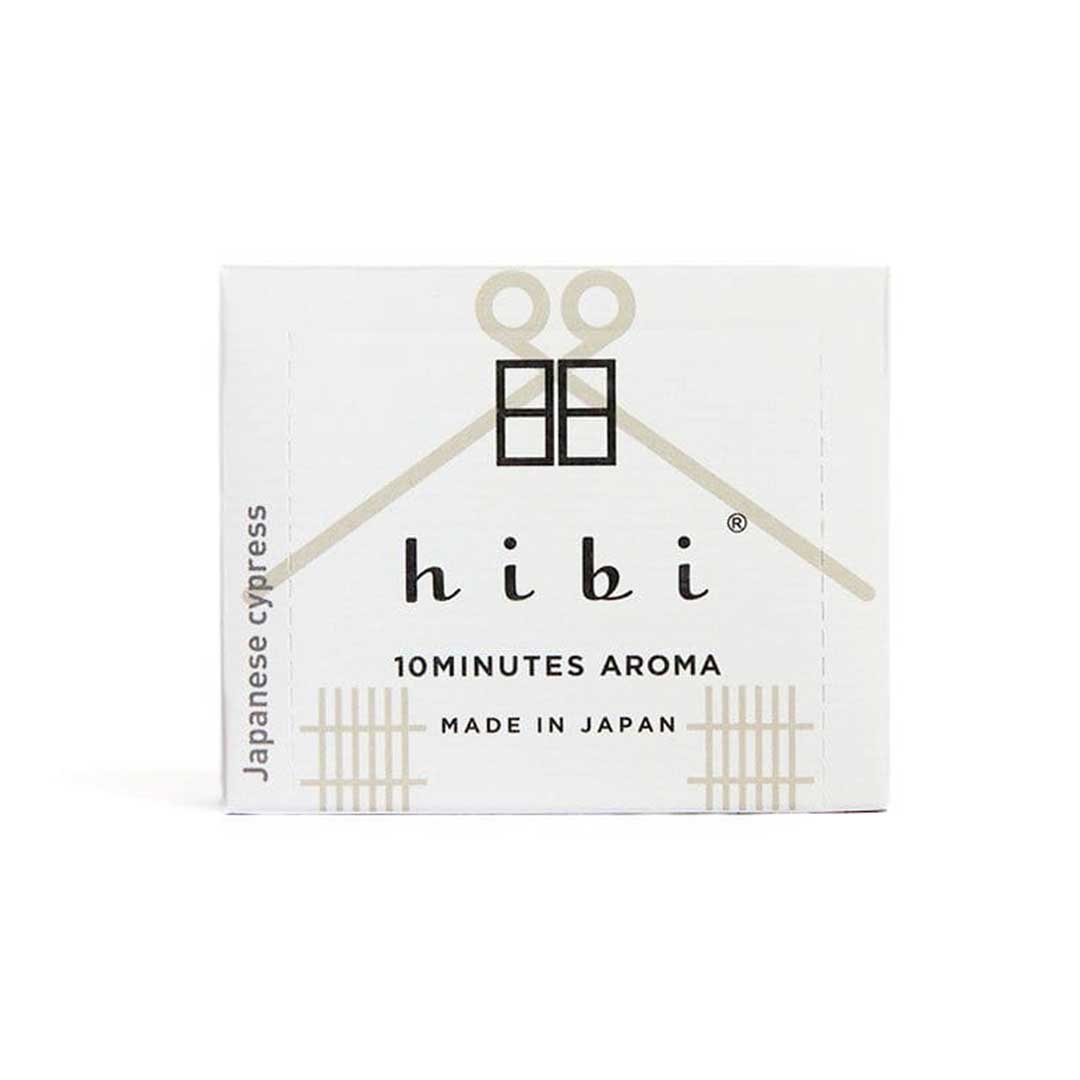
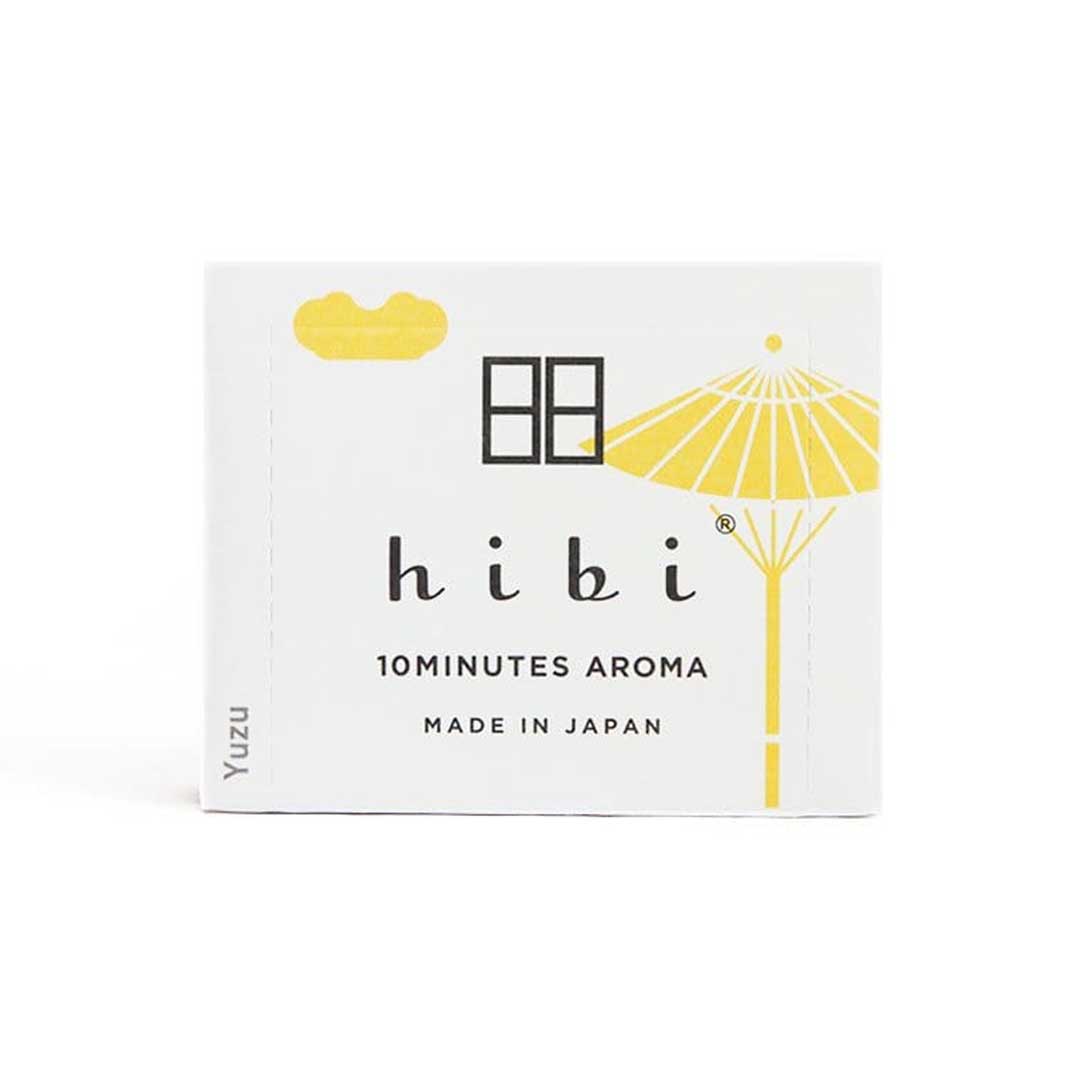
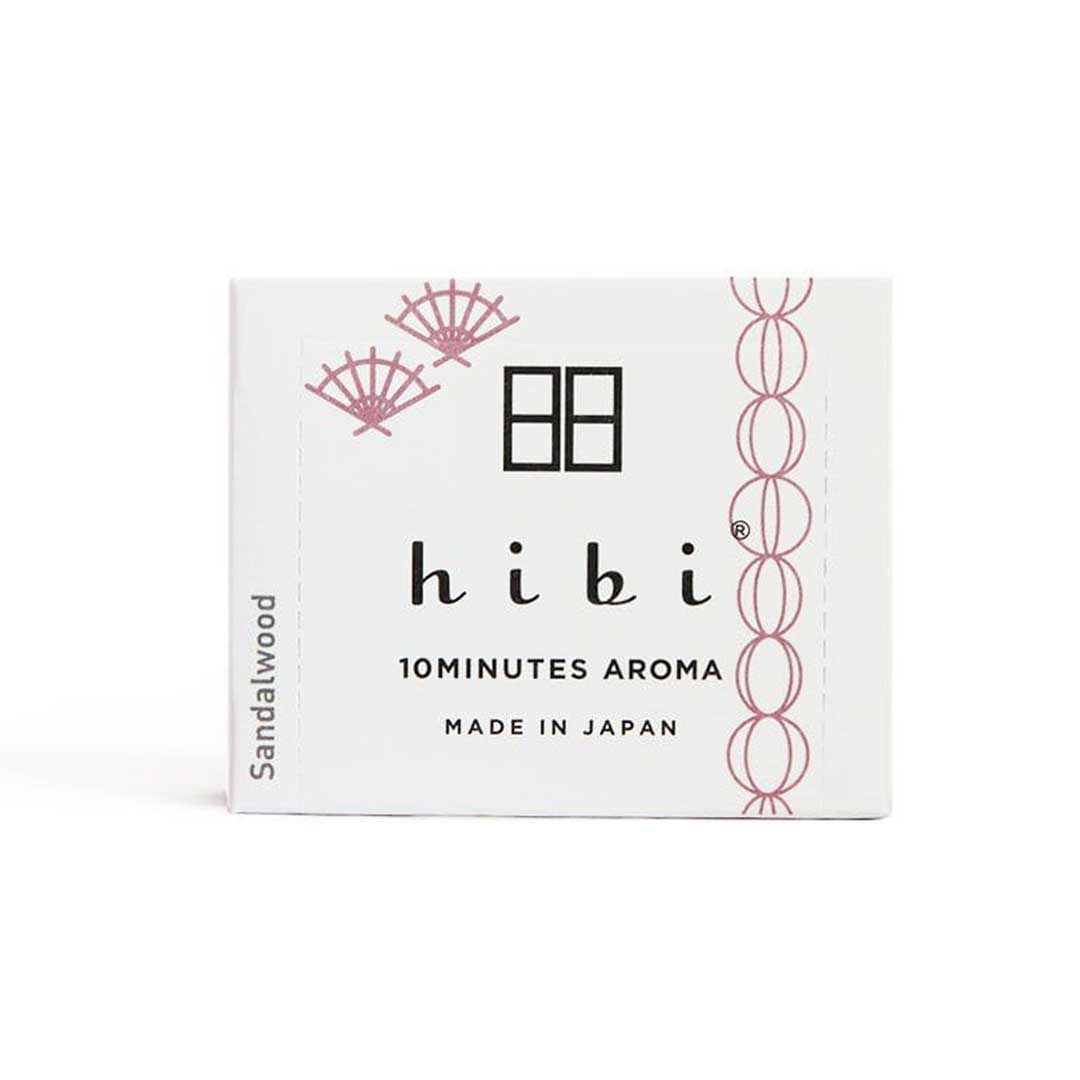
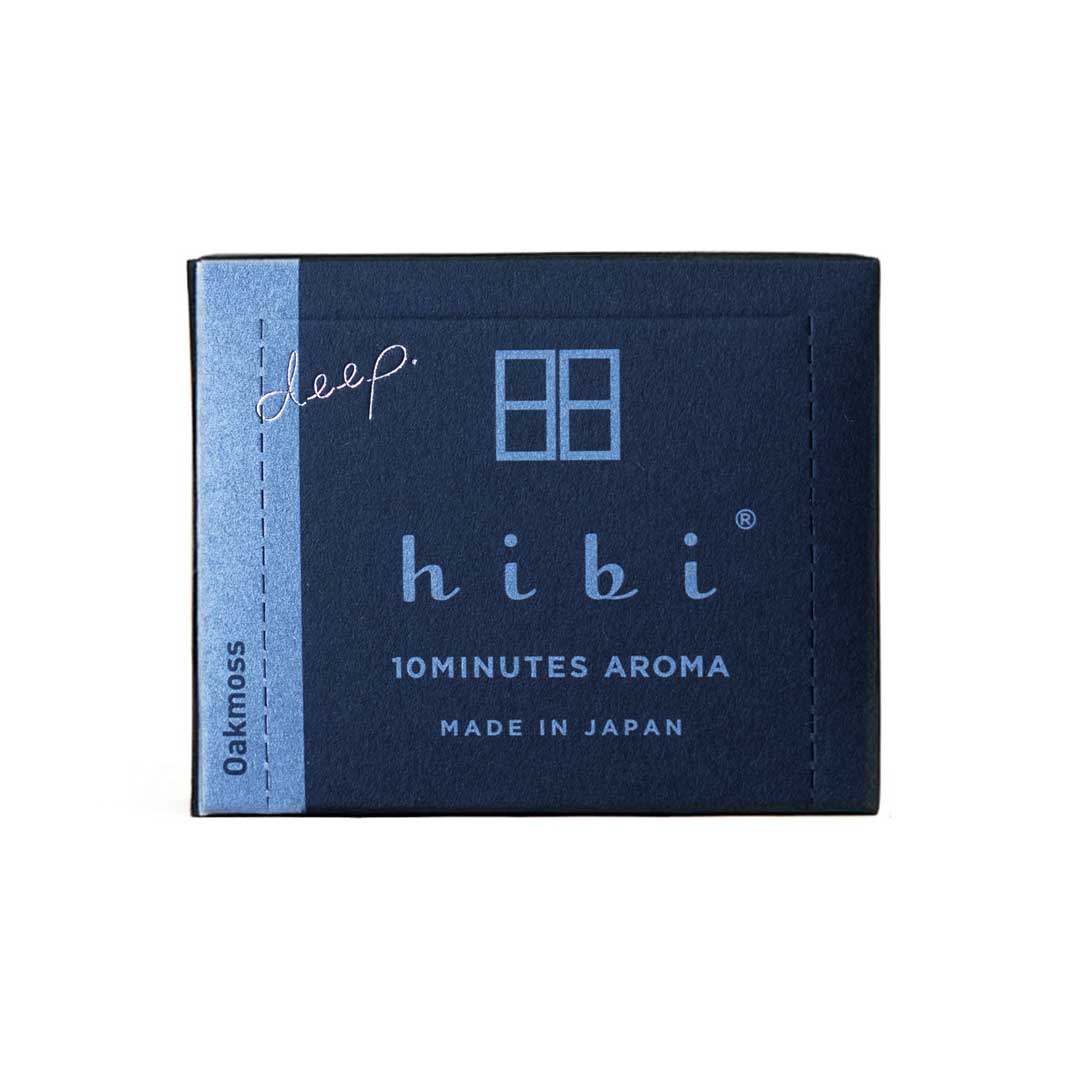
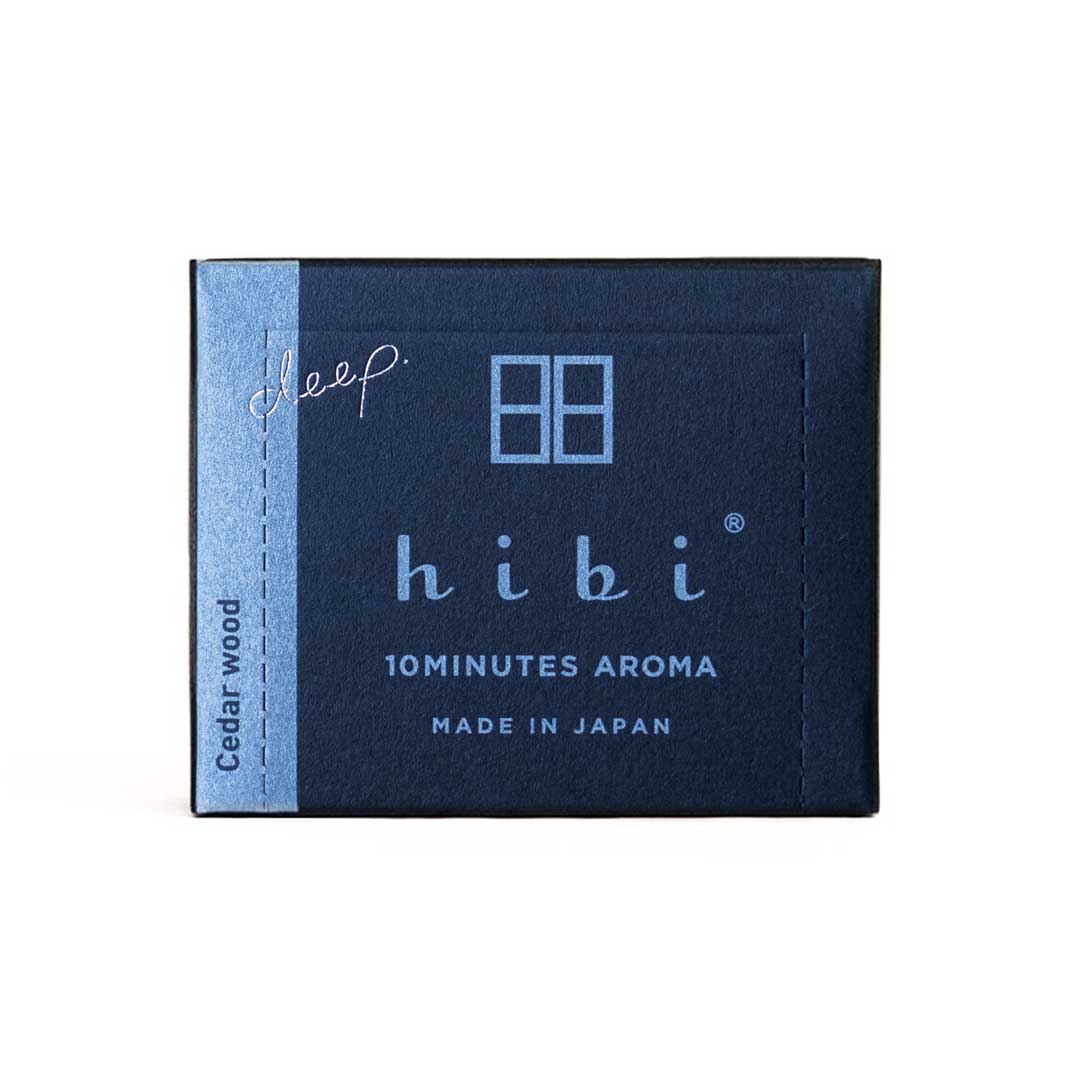
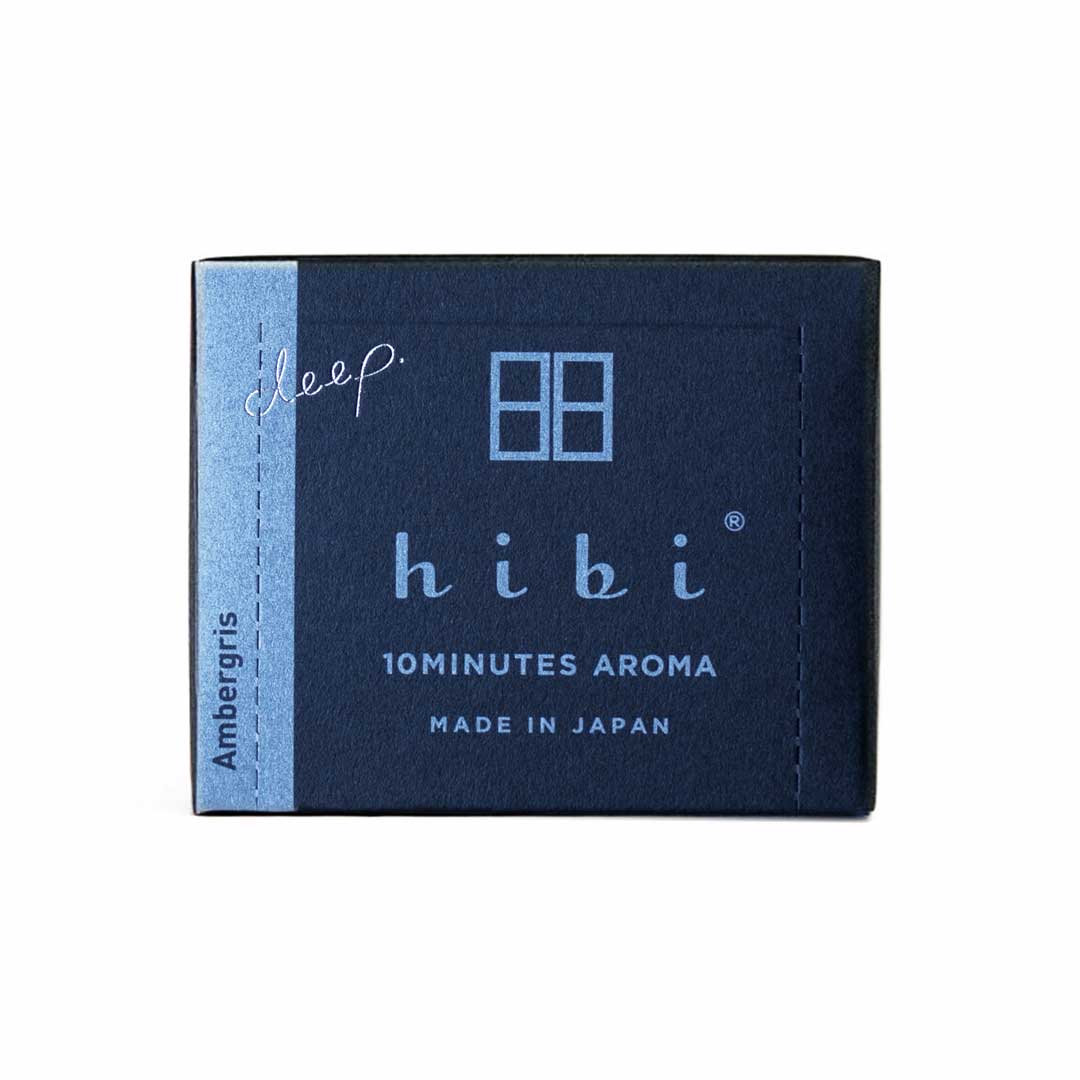
Hibi Match - Box of 30 Incense Matches
Serenity through taking a sniff of the fragrance that gently spreads around. In a series of these gestures, there may lie something that awakens an innate nostalgia hidden inside ourselves.
Scent:Citronella
Stock Item
Stock Item
Stock Item
Stock Item
Stock Item
Stock Item
Stock Item
Stock Item
Stock Item
Stock Item
Stock Item
Stock Item
Stock Item
Quantity:
Matches of Harima utilizing the techniques coming from Europe, domestic production of matches started at the beginning of the Meiji period. Later, Japanese matches became so popular as export goods, thanks to the quality, that match manufacturing developed as a local industry of Hyogo, including Harima which was blessed with marine transportation facilities. Even today, the region contributes to roughly 70% of the domestic production volume. Incense of Awaji Island Incense manufacturing technique was brought to Awaji Island by craftsmen of Sakai in 1850 during the last days of the Tokugawa shogunate. Thanks to the westerly winds, which are characteristics of the island and ideal for drying incense, Awaji Island has become the biggest incense manufacturer in Japan, responsible for about 70% of the domestic production volume today.
Box dimensions: 3" L x 2.5" W x 1.25" H
Contains 30 incense matches and one burning mat for holding smoking incense.
Burn time approximately 10 minutes.
Made in Japan

